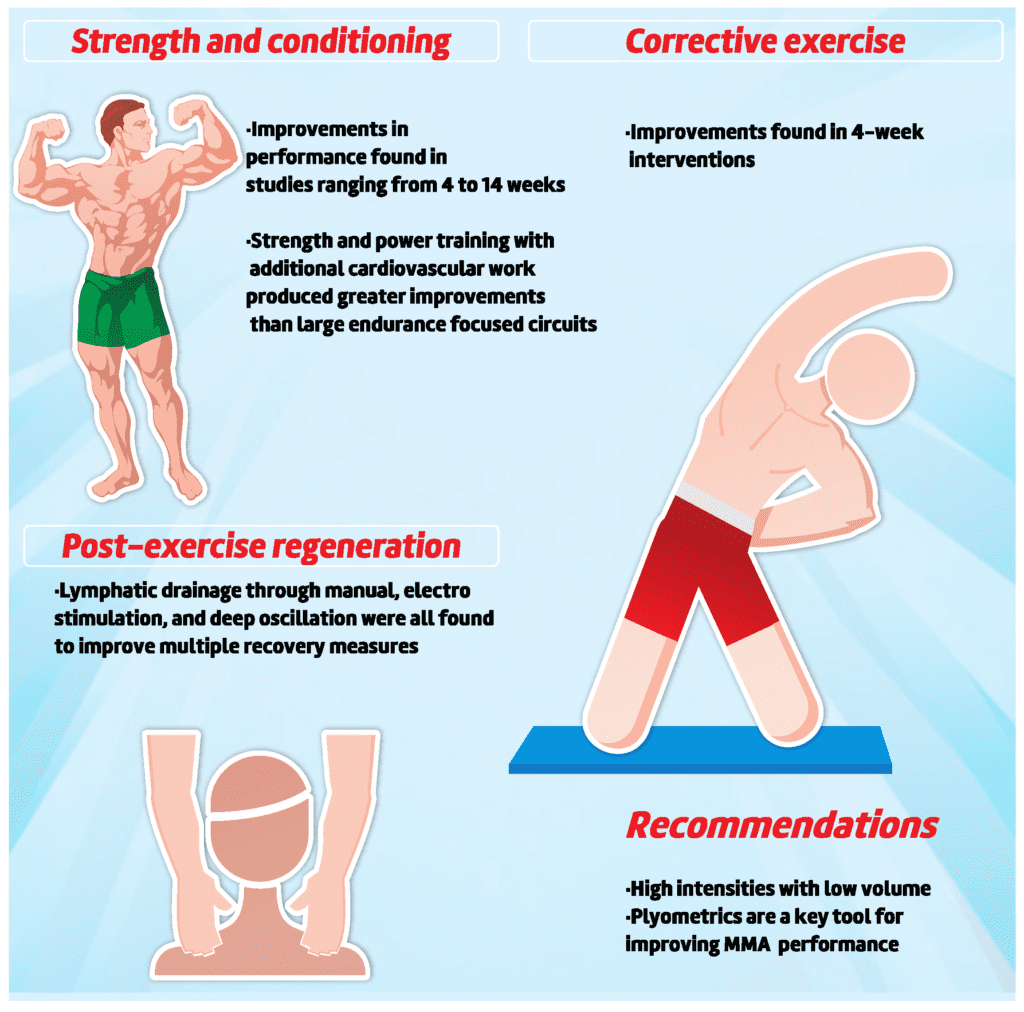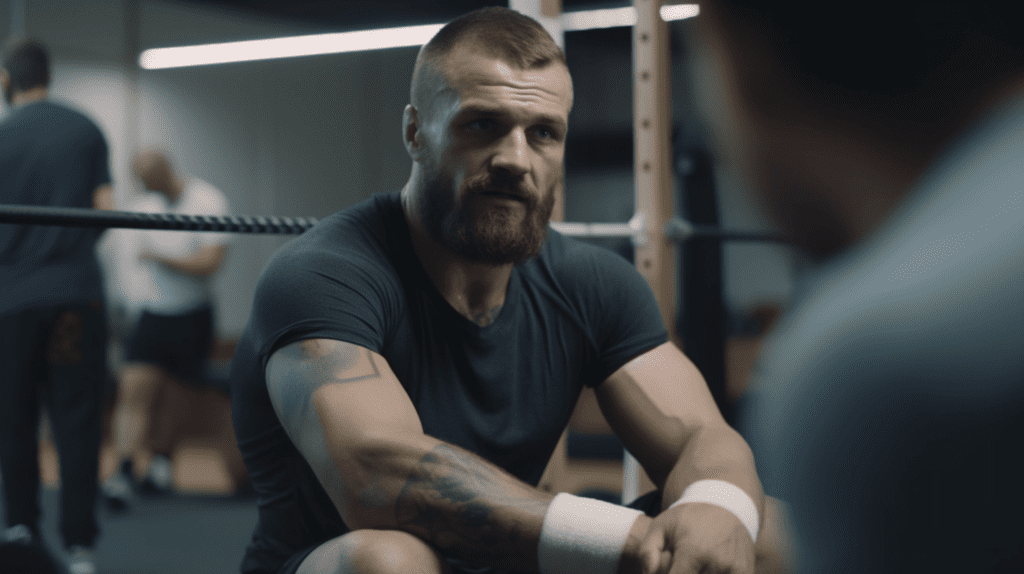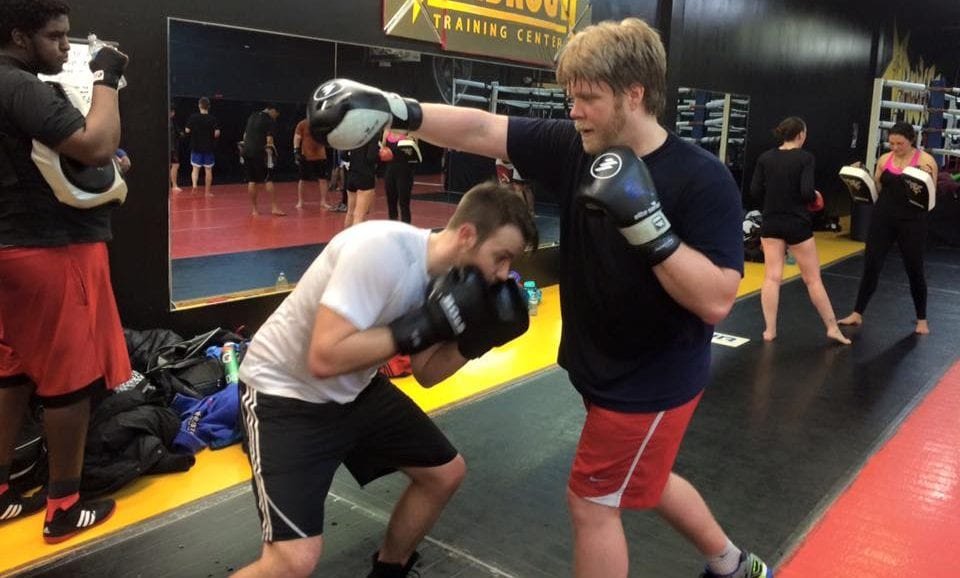In the high-paced world of Mixed Martial Arts (MMA), staying injury-free is crucial for success. While physical conditioning and technique are important factors, the psychological aspect of injury prevention often goes overlooked. In this article, we will explore how maintaining a positive mindset, setting realistic goals, and managing stress can not only improve athletic performance but also reduce the risk of injury in MMA fighters. Let’s dive in and discover the mental strategies that can help keep you in the game for the long haul. Have you ever wondered how psychology plays a role in injury prevention for MMA fighters? Your mental state can greatly impact your physical well-being in the ring. Let’s explore the psychological aspect of injury prevention in MMA and how you can incorporate mental strategies into your training routine.
Understanding the Mind-Body Connection in MMA
Before diving into specific psychological techniques for injury prevention, it’s important to understand the mind-body connection in MMA. Your mental state can directly impact your physical performance and susceptibility to injuries. By learning how to harness the power of your mind, you can enhance your physical abilities and reduce the risk of injury during training and fights.
How Your Mind Affects Your Body in MMA
Your thoughts, emotions, and beliefs can influence how your body responds in high-pressure situations. For example, feeling anxious or fearful can lead to tense muscles, decreased coordination, and slower reaction times – all of which can increase your chances of getting injured during a fight. On the other hand, being confident, focused, and mentally resilient can help you perform at your best and minimize the risk of injury.
Developing Mental Toughness in MMA
Building mental toughness is crucial for injury prevention in MMA. It involves developing resilience, discipline, and self-control to withstand the physical and mental challenges of training and fighting. By cultivating mental toughness, you can stay calm under pressure, overcome setbacks, and maintain peak performance levels while reducing the likelihood of getting injured.

The Role of Visualization in Injury Prevention
Visualization is a powerful psychological tool that can help MMA fighters prevent injuries by mentally rehearsing movements, strategies, and scenarios before actual fights or training sessions. By incorporating visualization techniques into your routine, you can improve your focus, confidence, and overall performance while reducing the risk of getting hurt.
How Visualization Works in MMA
Visualization involves imagining yourself performing specific techniques, drills, or fights in vivid detail. By visualizing successful outcomes, you can boost your confidence, refine your skills, and create mental blueprints that your body can follow during actual fights. This mental rehearsal can also help you anticipate and avoid potential injuries by preparing your mind and body for different scenarios in the ring.
Tips for Effective Visualization
To make visualization work for injury prevention in MMA, follow these tips:
- Find a quiet space where you can focus without distractions
- Close your eyes and vividly imagine yourself in a fight or training situation
- Engage all your senses by incorporating sounds, smells, and sensations into your visualization
- Visualize successful outcomes, precise movements, and strategic decisions to build confidence and competence
- Repeat your visualization practice regularly to reinforce positive mental patterns and improve your performance over time

Building Resilience Through Mindfulness Practices
Mindfulness is another key aspect of injury prevention in MMA, as it helps fighters cultivate awareness, focus, and emotional control in high-pressure situations. By practicing mindfulness techniques, you can stay present, calm, and centered during fights and training sessions, which can reduce the risk of injuries caused by stress, anxiety, or distractions.
Incorporating Mindfulness Into Your Training
To integrate mindfulness into your injury prevention routine, try the following techniques:
- Practice deep breathing exercises to calm your nerves, regulate your heart rate, and enhance your focus before fights or sparring sessions
- Stay present and in the moment by paying attention to your body, breath, and surroundings during training
- Use mindfulness meditation to quiet your mind, reduce negative thoughts, and improve mental clarity and emotional regulation
- Embrace the concept of acceptance and non-judgment in your training, allowing yourself to learn from mistakes, setbacks, and challenges without self-criticism or discouragement
Benefits of Mindfulness for Injury Prevention
Mindfulness can help MMA fighters prevent injuries by:
- Reducing tension, stress, and emotional reactivity that can lead to poor decision-making and increased injury risk
- Improving body awareness, coordination, and reaction times during fights and training
- Enhancing mental resilience, focus, and concentration to overcome distractions, setbacks, or pain
- Promoting overall well-being, emotional balance, and self-care practices that support injury prevention and recovery

Harnessing Positive Self-Talk for Injury Prevention
Positive self-talk is a powerful psychological strategy that can help MMA fighters prevent injuries by fostering confidence, motivation, and resilience in the face of challenges. By using uplifting and empowering language, you can reframe negative thoughts, boost your self-esteem, and enhance your mental toughness to stay injury-free during fights and training sessions.
The Impact of Self-Talk on Injury Prevention
Your internal dialogue can shape your beliefs, emotions, and behaviors in MMA. Negative self-talk, such as self-doubt, criticism, or pessimism, can undermine your confidence, motivation, and performance, making you more susceptible to injuries due to lack of focus, skill, or resilience. Positive self-talk, on the other hand, can build mental strength, belief in yourself, and determination to overcome obstacles and stay injury-free.
Strategies for Positive Self-Talk in MMA
To cultivate positive self-talk for injury prevention, try these techniques:
- Replace negative thoughts or beliefs with positive affirmations and encouragement
- Use affirmations to boost your confidence, courage, and determination before fights or training
- Reframe setbacks, mistakes, or challenges as opportunities for growth, learning, and improvement
- Visualize your success, achievements, and progress to reinforce a positive mindset and belief in your abilities

Conclusion
In conclusion, injury prevention in MMA involves not only physical conditioning and technique but also psychological strategies that can enhance your performance and well-being inside and outside the ring. By understanding the mind-body connection, practicing visualization, building resilience through mindfulness, and harnessing positive self-talk, you can reduce the risk of injuries and stay at the top of your game as an MMA fighter. Remember to invest in your mental strength and well-being to become a confident, resilient, and injury-free athlete in the world of MMA.


